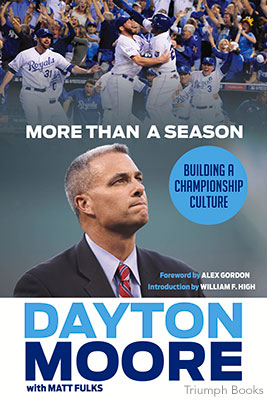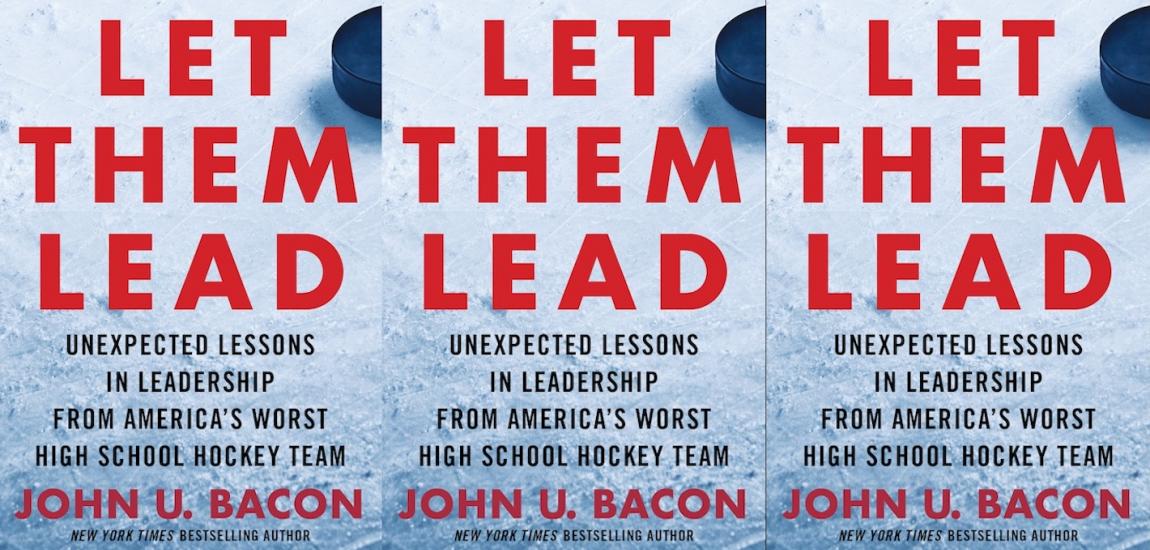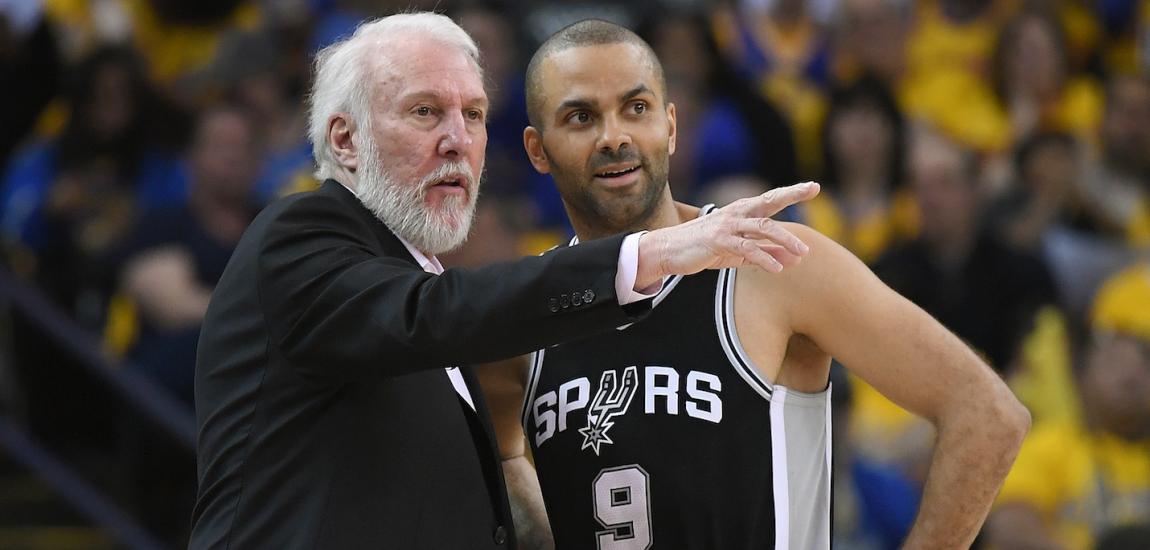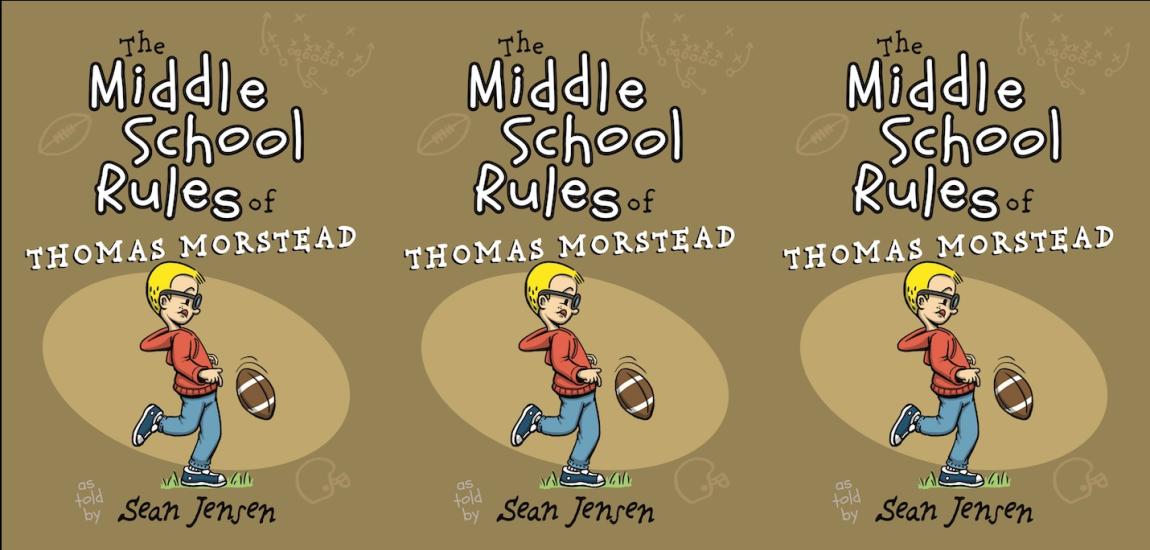When Dayton Moore arrived in Kansas City in 2006, the Royals hardly resembled a contender. The general manager inherited a major league club that had just one winning season in the previous decade. Moore, a Kansas native who grew up as a Royals fan, implemented a plan to return the franchise to its glory years. There were bumps in the road, but that plan came to fruition in 2014 as the Royals swept through the American League playoffs and made it all the way to Game 7 of the World Series. Now with the Royals back in the World Series in 2015, here's a look at how it all started for Moore in Kansas City as he and Matt Fulks wrote in More Than A Season: Building a Championship Culture:
Remember the Head & Shoulders commercials from the 1980s that had the tagline: "You never get a second chance to make a first impression"? When the Royals introduced me at a press conference on June 8, 2006, I didn't get much of an opportunity to leave a first impression with the media. And vice versa.
The press conference was scheduled for 1:00 pm at Kauffman Stadium. Shortly before it started, I did an interview with ESPN. The interview itself went fine, but after we finished, the cameraman said off the cuff, "Well, congratulations, you're the general manager of a minor league team that has to play in the major leagues. How do you feel?"
The reporter shot the cameraman a look and told him, "That was uncalled for." He apologized and didn't say anything else. She'd made her point.
If only that were the worst of it.
The press conference turned into a debacle. It was the first time that Dan and Mr. Glass had been available to the media since it was announced eight days earlier that Allard had been fired and I was the new general man- ager, and it was obvious that the media wanted answers. The body language of many of the reporters was terrible.
Many in the room were more focused on Allard Baird being fired and less on a new general manager trying to turn things around. It seemed like every other question was negative. Most of the questions were directed at Dan and Mr. Glass.
Two radio reporters, in particular, really went after Mr. Glass and their perception of the way he handled changing general managers. It was relentless. As a result, a day or two later the Royals revoked the credentials for those two reporters. Of course that only threw gas on an already big fire.
After the press conference, Karen Kornacki, a longtime sports anchor for the ABC affiliate in Kansas City, came up to me and apologized for the treatment I received. She didn’t need to do that, but it was appreciated. That says a lot about the type of person Karen is.
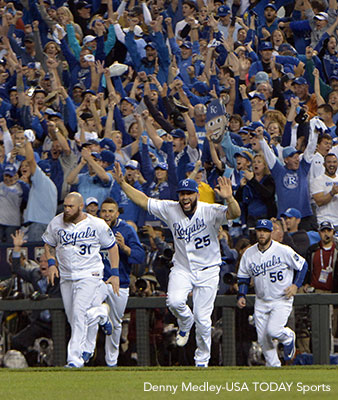
Unfortunately, that press conference set the tone for the next few years. As I reflected on it, I know that was partly from the frustration felt by both media and fans. But it made me wonder what type of hornet's nest we'd stepped on. Allard Baird and his people did a fine job. I don't know what type of general manager Allard was, but I think he's one of the best evaluators in the game, which is why he's been in player personnel with the Red Sox for several years. It doesn't matter to me why the organization was in the state it was in when we got here because we were going to write our own story. We were moving forward.
Of course, after that press conference I began to wonder what the genre of that story would be. It started to look less like a fairy tale and more like a Stephen King novel. In the upcoming weeks I continued to experience the negativity surrounding the organization, and I realized the task was more daunting than I originally thought.
There were some very good people on the baseball side, including coaches Mike Jirschele, Brian Poldberg, and Buddy Bell, and many others, plus players such as Zack Greinke, Billy Butler, and the previous year's No. 1 selection, Alex Gordon. But to turn things around we'd need a lot more.
About three weeks after I got here, John Schuerholz called me. It was a great relief to hear his voice. It felt like a parent whose child has gone away to college, and he calls out of the blue. I was convinced I'd made the wrong decision, and I didn't know how we were going to get out of it. We didn't have any big chips at the major league level.
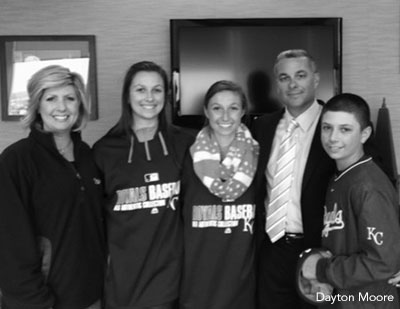
If I would've done the necessary research and analyzed the prospects, processes, and how long it would take to build internationally, as well as realized that part of the job would be restoring the community's faith in the Royals, there's no way I would've taken the job. There was no way to prepare as thoroughly as necessary from a distance. If I had a crystal ball that showed me the criticism and the hours it would take, and the separation from the family, I'm quite certain I wouldn't have left Atlanta. Good leadership and sitting in that GM's chair for the first time requires an extreme amount of commitment, energy, and passion.
As I expressed frustration and anxiety to John during that call, and kept stressing the importance of building our farm system in Kansas City, he said, "Dayton, there’s no doubt in my mind you guys will build a great farm system. However, you can’t lose sight of the importance of being competitive and having a winning major league team."
And nobody has built a winning major league team more than John. His directive kept ringing in my mind six years later as we were processing the Wil Myers trade. Ultimately, we had to win at the major league level.
-- Excerpted by permission from More Than A Season: Building a Championship Culture by Dayton Moore with Matt Fulks. Copyright (c) 2015. Published by Triumph Books. All rights reserved. No part of this excerpt may be reproduced or reprinted without permission in writing from the publisher. Available for purchase from the publisher, Amazon, Barnes & Noble and iTunes. Follow Matt Fulks on Twitter @MattFulks.


